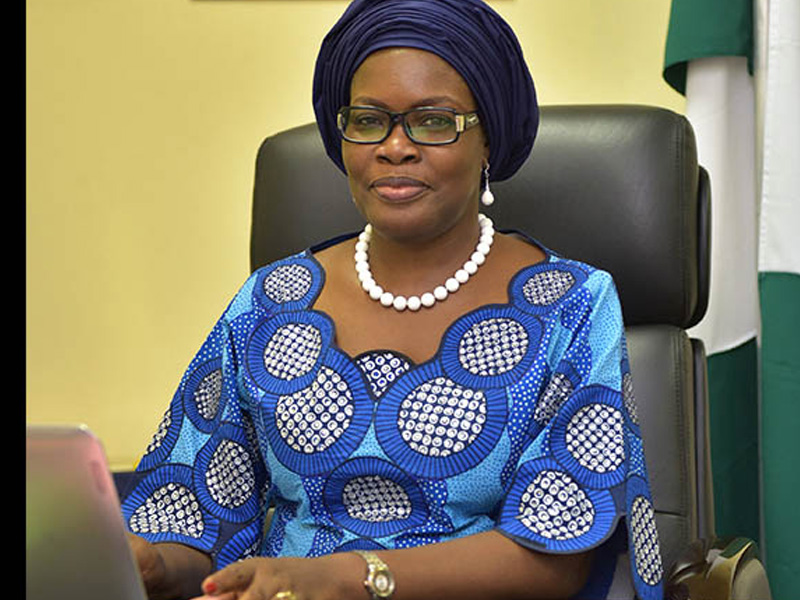Nigeria and Australia have commenced high-level bilateral consultations aimed at strengthening economic ties and exploring new areas of cooperation, particularly in trade, mining, agriculture, and food security.
The bilateral talks aim to map out practical measures to strengthen cooperation in areas like trade, investment, and climate change.
The Director of Regions, Ministry of Foreign Affairs, Janet Olisa, while speaking at the fourth edition of the Nigerian Australian Bilateral Consultation, said: “The consultation provides a platform for senior officials from both countries to discuss areas of collaboration, leverage on past successes, and introduce new initiatives.”
“The economy is what makes and breaks a country. With a robust economy, a country will definitely know how to leverage on other aspects of life.”
- Hamas rejects Trump’s relocation proposal for Palestinians
- Akpabio, Abbas move to make N/Assembly clerk’s appointment merit-based
Olisa praised Australia’s efforts in prioritising agriculture and harnessing renewable energy, particularly solar power, saying: “We would like to learn from what you’ve done, would like to see what’s the best practice.”
In response, Marc Innes-Brown, First Assistant Secretary, Middle East and Africa Division, Australian Department of Foreign Affairs and Trade, said Nigeria is a crucial partner for Australia internationally and in the region.
“We recognise Nigeria’s importance and the common interests we share,” Innes-Brown said.
“We’ve seen an increase in engagement over the past year or two, and we’re delighted to have supported Nigeria’s investment forum in Melbourne last year.”
Innes-Brown conveyed Australia’s sympathies and condolences for the recent floods in Nigeria, acknowledging the difficulties posed by climate change.
He highlighted climate-resistant agriculture and responding to the impacts of climate change as key areas of cooperation.
“Australia and Nigeria may be geographically distant, but we share similar features and common interests.
“We’re both federal countries with diverse communities, and we play key leadership roles in our respective regions.”

 Join Daily Trust WhatsApp Community For Quick Access To News and Happenings Around You.
Join Daily Trust WhatsApp Community For Quick Access To News and Happenings Around You.


